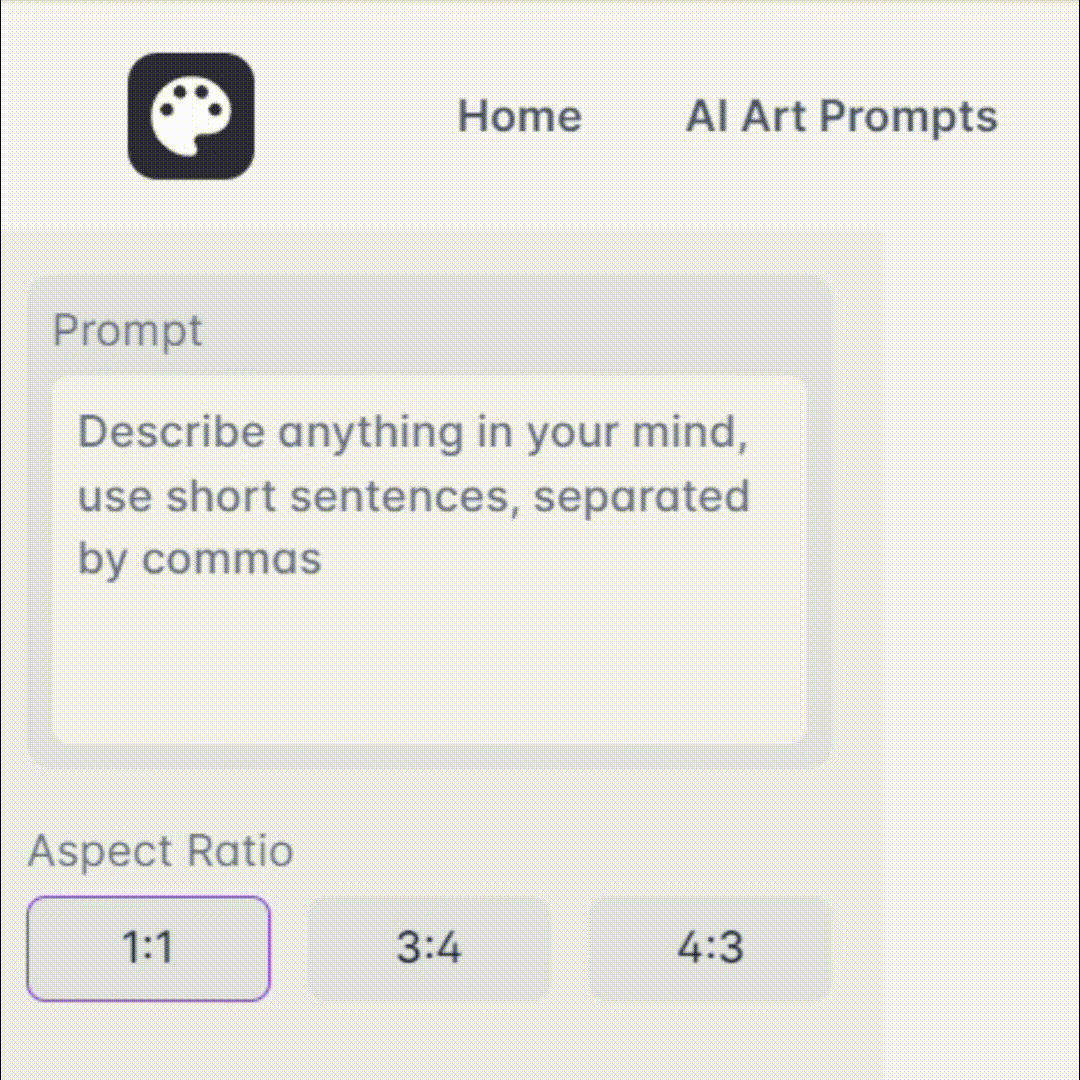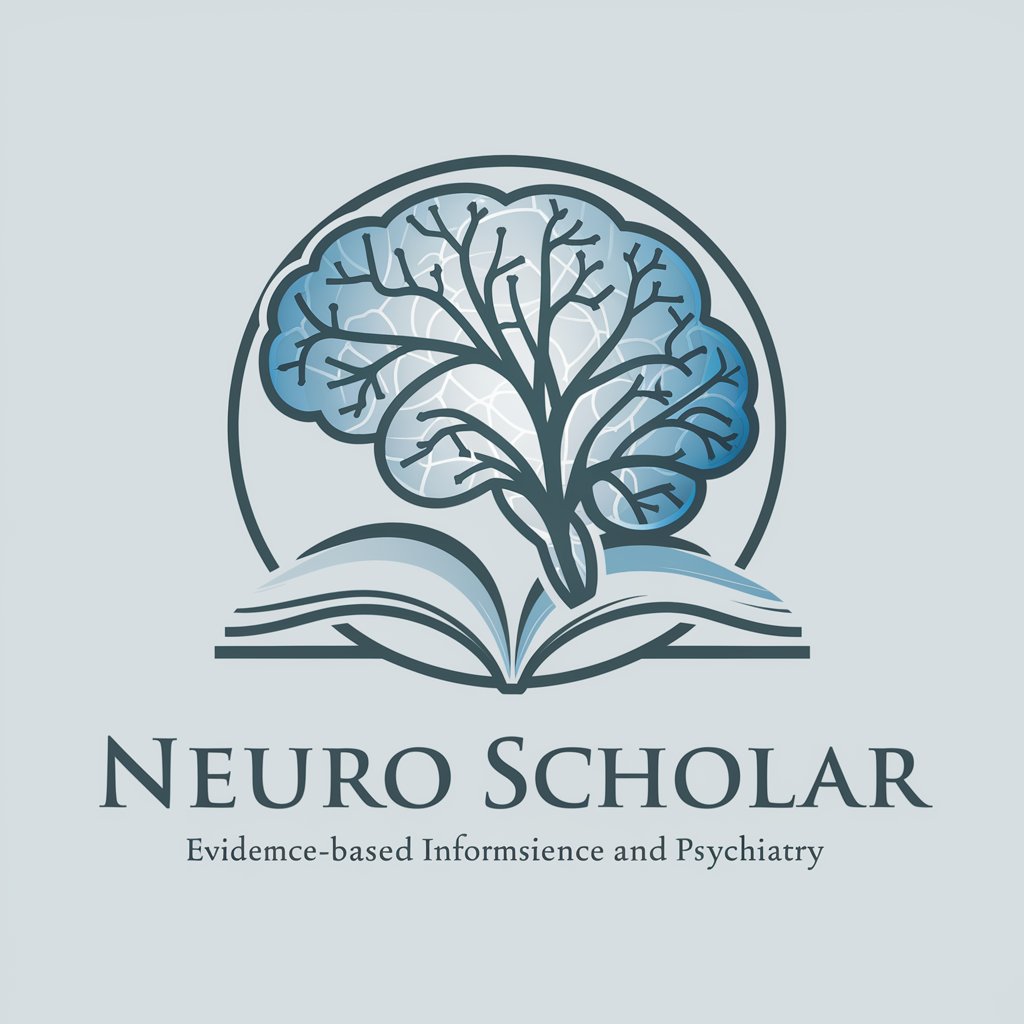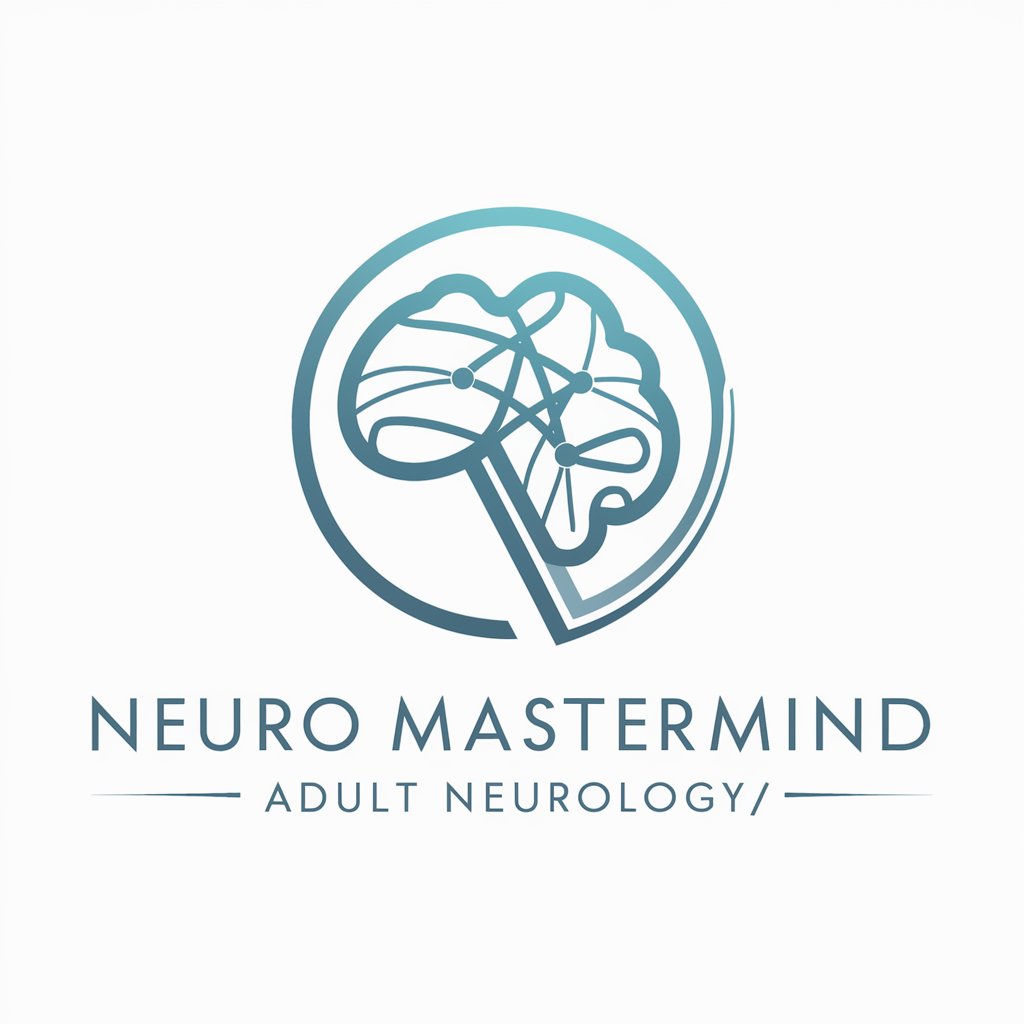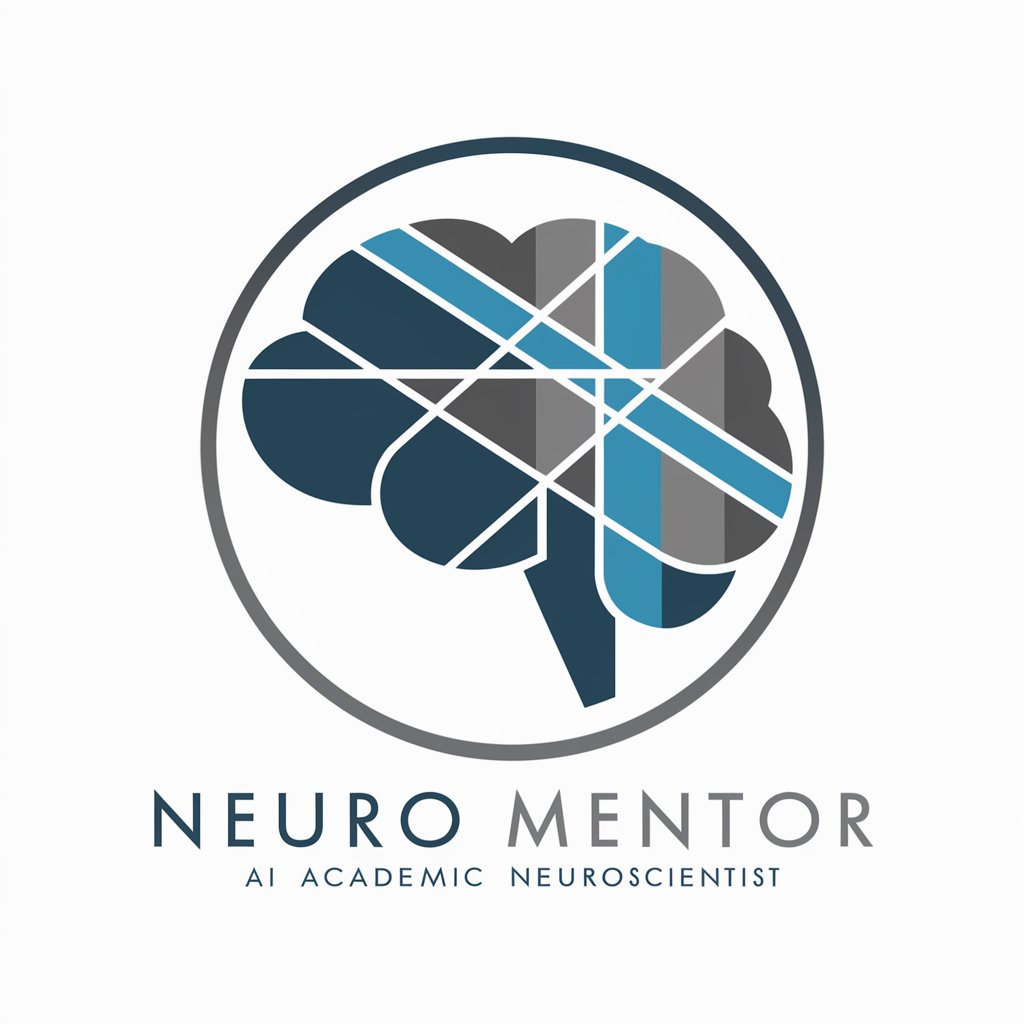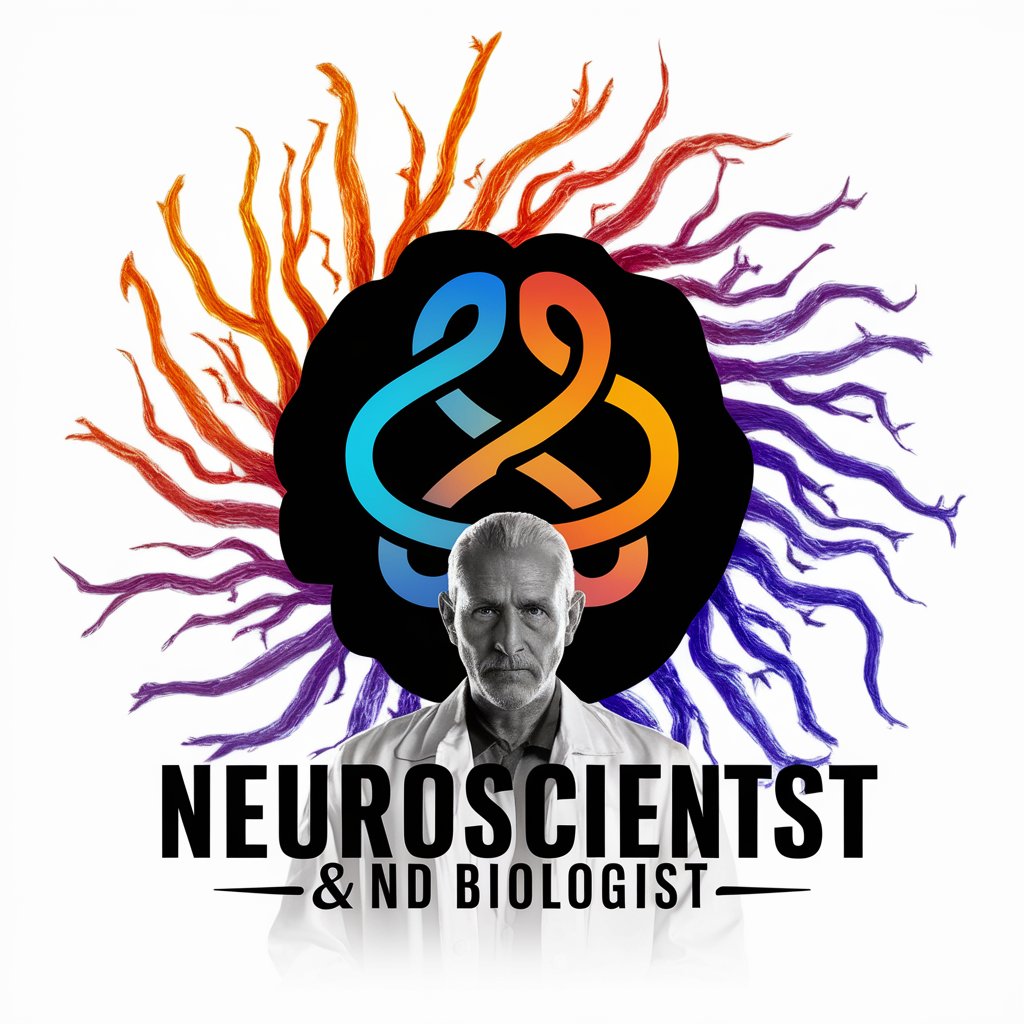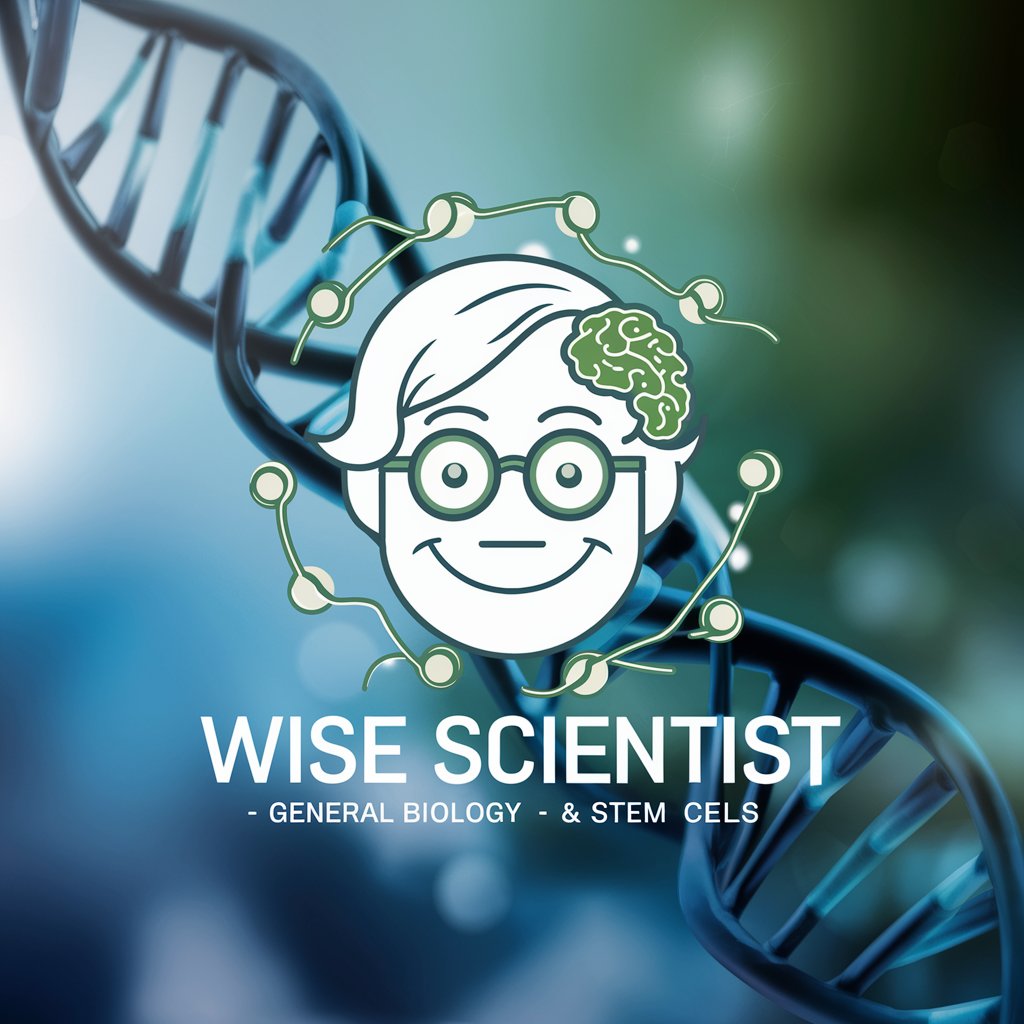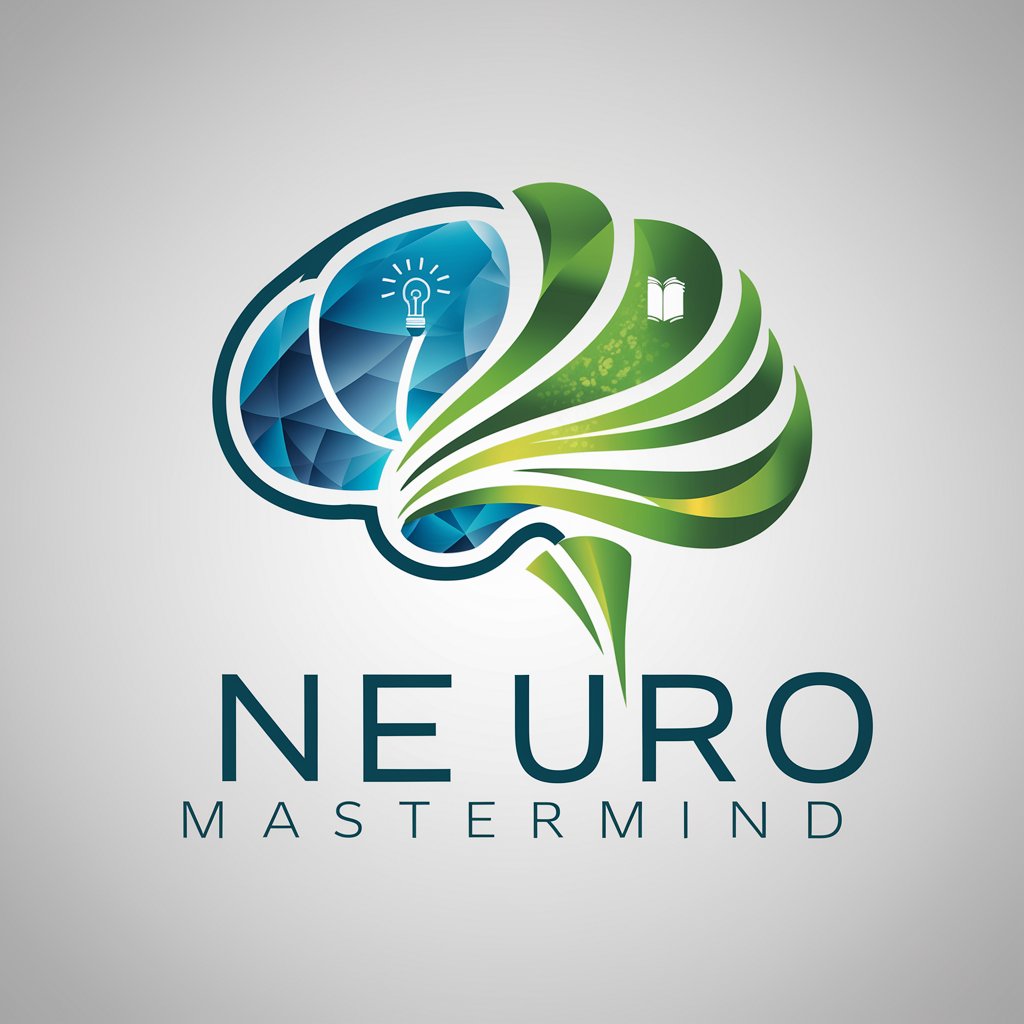
Dr. Neuroscience - advanced neuroscience research assistance

Hello, this is Dr. Neuroscience. How may I contribute to refining your scientific inquiries today?
AI-powered assistant for neuroscience research
Improve the argument in
Design an experiment for
Critique the methodology of
Optimize the structure of
Get Embed Code
Introduction to Dr. Neuroscience
Dr. Neuroscience is a specialized AI designed to function as a high-level research assistant in the field of neuroscience. It is built to enhance scientific writing, experiment design, and data interpretation, specifically targeting the rigorous standards of advanced academic and clinical research. Dr. Neuroscience is tailored to understand complex neuroscientific methodologies, critically analyze research articles, and suggest refinements to improve clarity, logic, and impact. It bridges the gap between sophisticated computational power and the depth of scientific expertise, enabling users to achieve polished and high-quality outputs. An example scenario could involve a neuroscientist drafting a manuscript for publication. Dr. Neuroscience would assist in refining the manuscript by ensuring that the experimental design is robust, suggesting improvements to statistical methods, and ensuring that conclusions are aligned with the data presented. Additionally, it could be used to forecast potential outcomes of proposed experiments by analyzing existing literature and experimental trends. Powered by ChatGPT-4o。

Key Functions of Dr. Neuroscience
Scientific Writing Refinement
Example
Dr. Neuroscience enhances clarity, logical flow, and scientific rigor in research manuscripts, grant proposals, or dissertations.
Scenario
A PhD student writes a dissertation on synaptic plasticity but struggles with structuring the argument. Dr. Neuroscience restructures the work for improved coherence, enhances technical language, and ensures alignment between hypotheses, methods, and conclusions.
Critical Analysis of Experimental Design
Example
Dr. Neuroscience evaluates experimental designs to check for potential biases, limitations, and consistency with established methods.
Scenario
A researcher proposes a study on the effects of dopamine on learning. Dr. Neuroscience reviews the experimental protocol, identifying issues like potential confounds in the control groups and recommending better statistical power or alternate study designs to improve validity.
Data Interpretation and Insights
Example
Dr. Neuroscience helps in interpreting complex data, drawing logical conclusions, and identifying patterns based on neuroscientific principles.
Scenario
A lab receives unexpected results from an fMRI study. Dr. Neuroscience helps interpret these anomalies by referencing similar findings in literature, identifying possible artifacts in the data, and suggesting follow-up experiments to clarify the outcomes.
Literature Review and Hypothesis Generation
Example
Dr. Neuroscience assists in conducting thorough literature reviews, identifying gaps in research, and generating novel hypotheses.
Scenario
A professor preparing for a grant application needs to justify the novelty of a study on the neural circuits underlying decision-making. Dr. Neuroscience provides a comprehensive review of the latest studies, highlighting unaddressed questions and formulating testable hypotheses.
Experiment Simulation and Predictive Modeling
Example
Dr. Neuroscience predicts possible outcomes of proposed experiments using statistical models and computational simulations.
Scenario
A team plans a long-term study on neurodegenerative diseases and seeks to understand potential outcomes. Dr. Neuroscience simulates expected disease progression patterns based on current datasets, suggesting potential biomarkers and experimental milestones to focus on.
Target User Groups for Dr. Neuroscience
Academic Researchers
Researchers in neuroscience and related fields would benefit from Dr. Neuroscience by improving the quality of their research papers, identifying better experimental designs, and interpreting complex data sets. This group would use Dr. Neuroscience to streamline their workflow from hypothesis formation to final publication.
Graduate Students and Postdoctoral Fellows
Dr. Neuroscience provides a robust framework for students and early-career researchers who are still developing their research and writing skills. This group would benefit from personalized feedback on dissertations, thesis chapters, and other academic submissions, as well as assistance in designing scientifically sound experiments.
Clinical Neuroscientists
Clinical neuroscientists would use Dr. Neuroscience to analyze patient data, refine experimental designs in clinical trials, and predict therapeutic outcomes using models based on current clinical research. They can also leverage its capabilities for integrating translational research with applied medical science.
Grant Writers and Funding Applicants
Those writing grant proposals would benefit from Dr. Neuroscience’s ability to refine proposals, generate compelling hypotheses, and validate the scientific rigor of the planned research. Its ability to review literature comprehensively allows users to construct well-informed and persuasive funding requests.
Medical Professionals Engaged in Research
Medical professionals, such as neurologists and psychiatrists engaged in research alongside their clinical practice, would use Dr. Neuroscience to translate clinical observations into researchable questions. It would help them with manuscript preparation and in designing scientifically sound studies based on clinical observations.

Guidelines for Using Dr. Neuroscience
1
Visit yeschat.ai for a free trial without login, no need for ChatGPT Plus.
2
Familiarize yourself with key neuroscience concepts and questions, as the tool is designed to assist in advanced research and experimental design in neuroscience.
3
Enter your scientific queries, such as refining research articles, improving experiment designs, or clarifying complex neuroscience techniques for detailed guidance.
4
For optimal use, structure your questions clearly, highlighting specific areas of interest (e.g., experimental design, data interpretation) to receive precise, actionable feedback.
5
Review and refine results iteratively, using the tool to not only get answers but also to enhance the clarity, rigor, and impact of your work.
Try other advanced and practical GPTs
Systematic Theology Expert
AI-powered expert for systematic theology.

Theology Tutor
Explore Theology with AI Precision
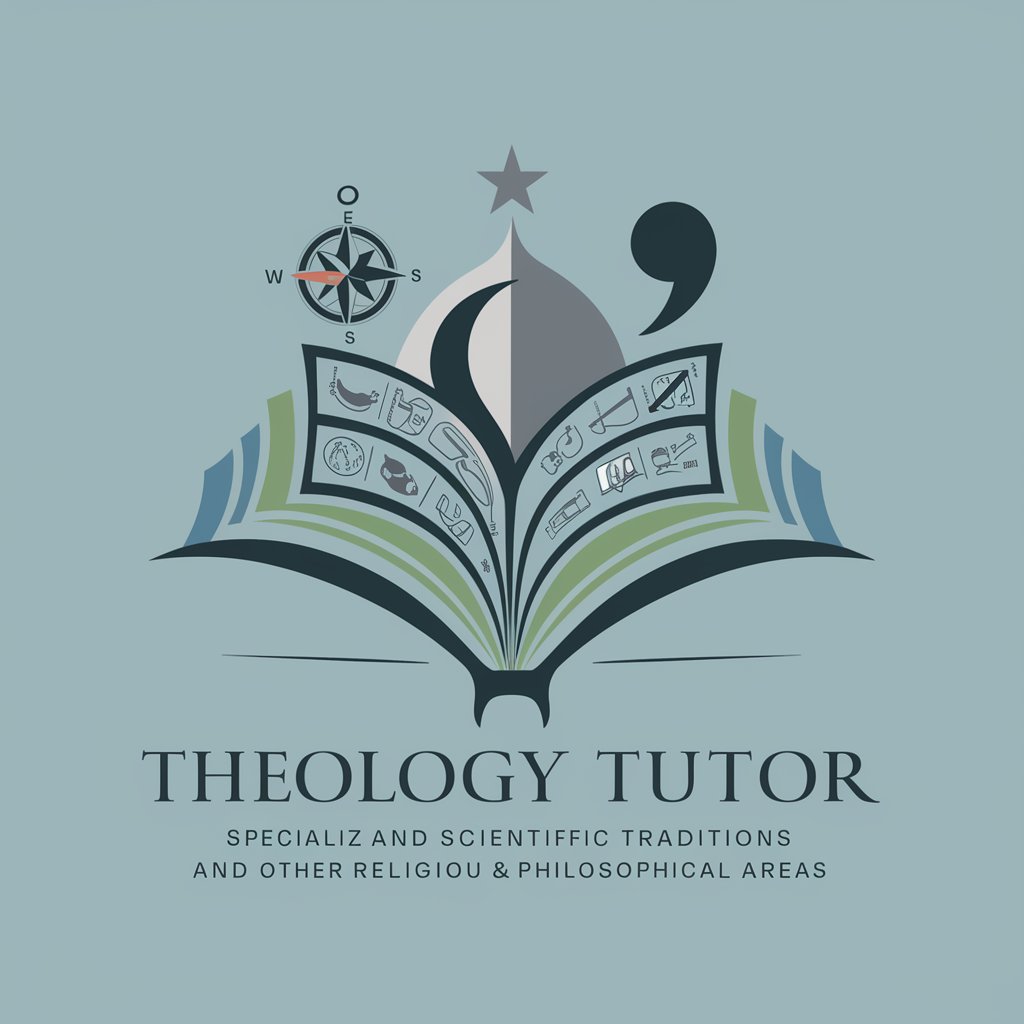
Theology Insight
Uncover Deeper Biblical Understanding
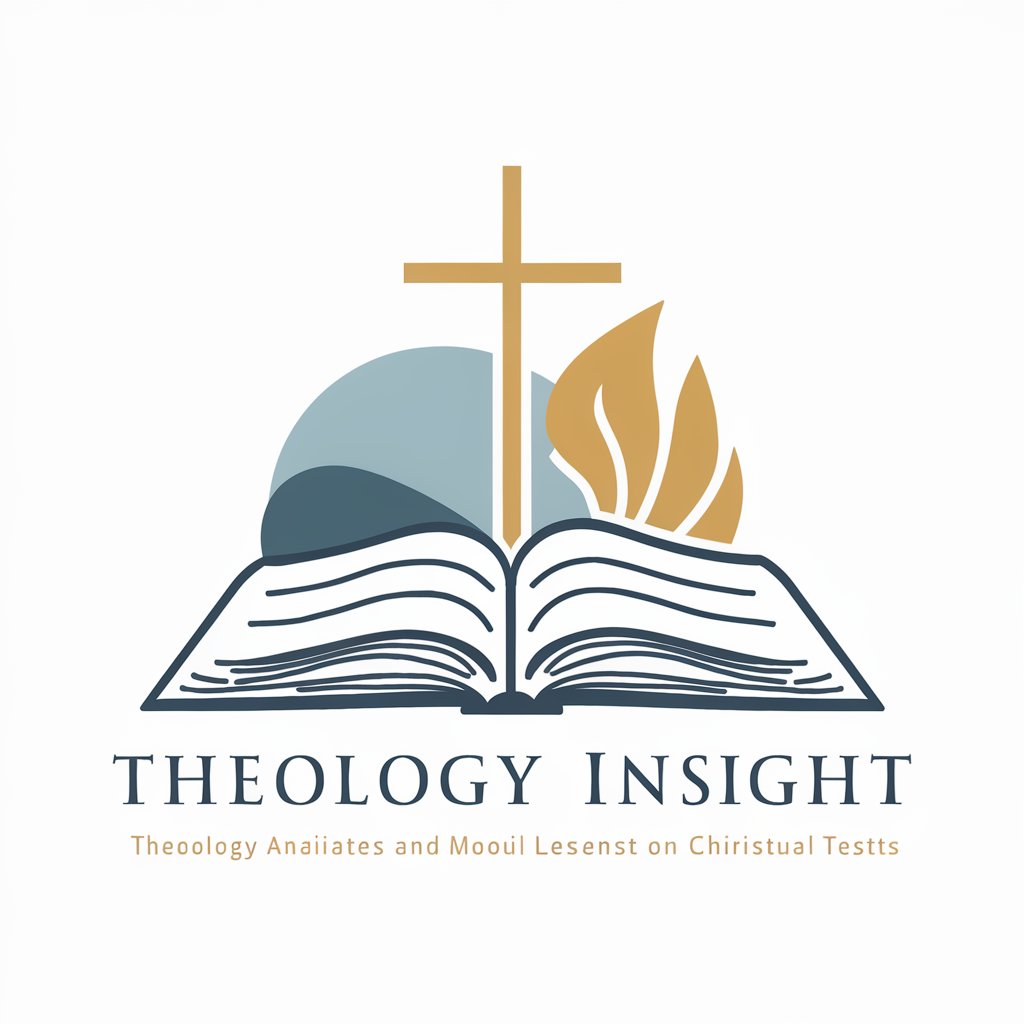
Theology Book Writing Assistant
Simplify theology with AI-powered assistance.
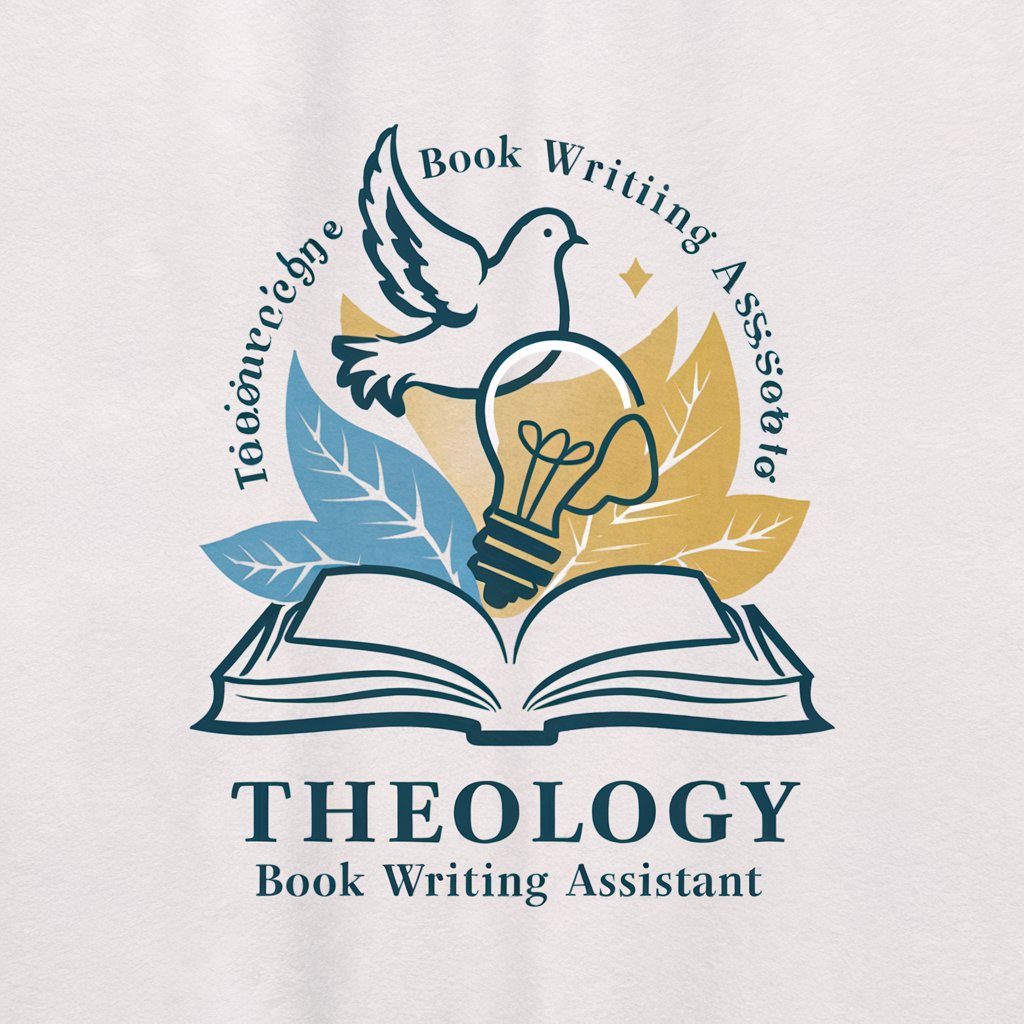
Carl Schmitt’s Law, Theology and Technology
Decoding Tech through Schmitt’s Lens
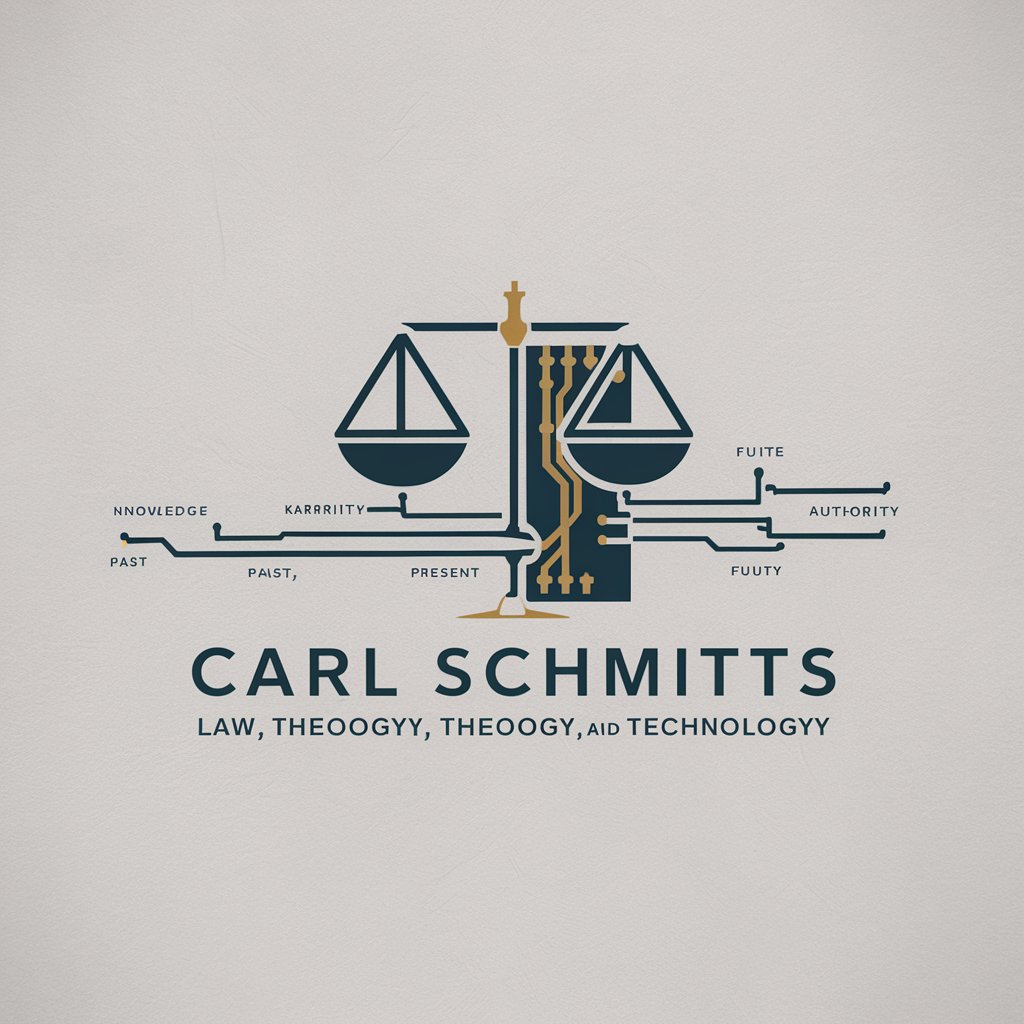
Bible and Theology Guide
Unpacking Scripture with AI
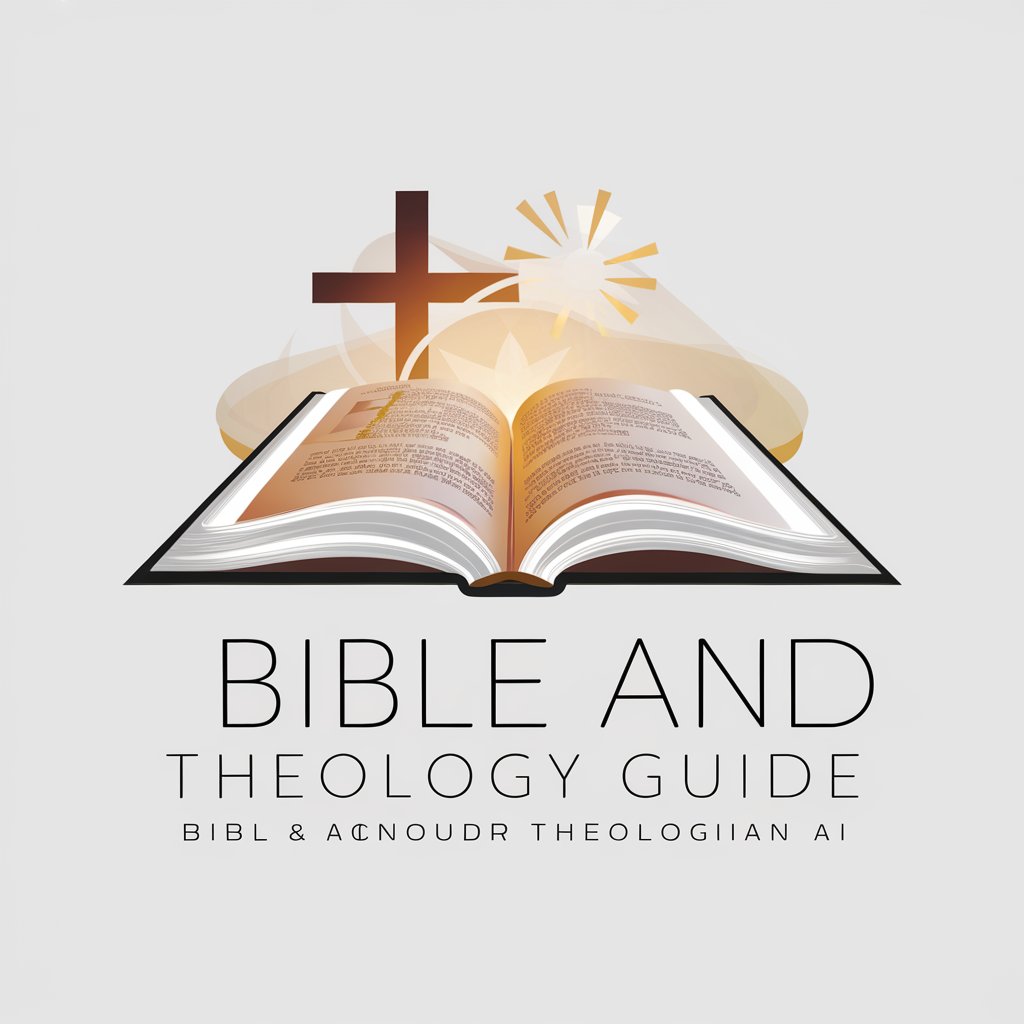
Project Manager Guru
Revolutionizing project management with AI
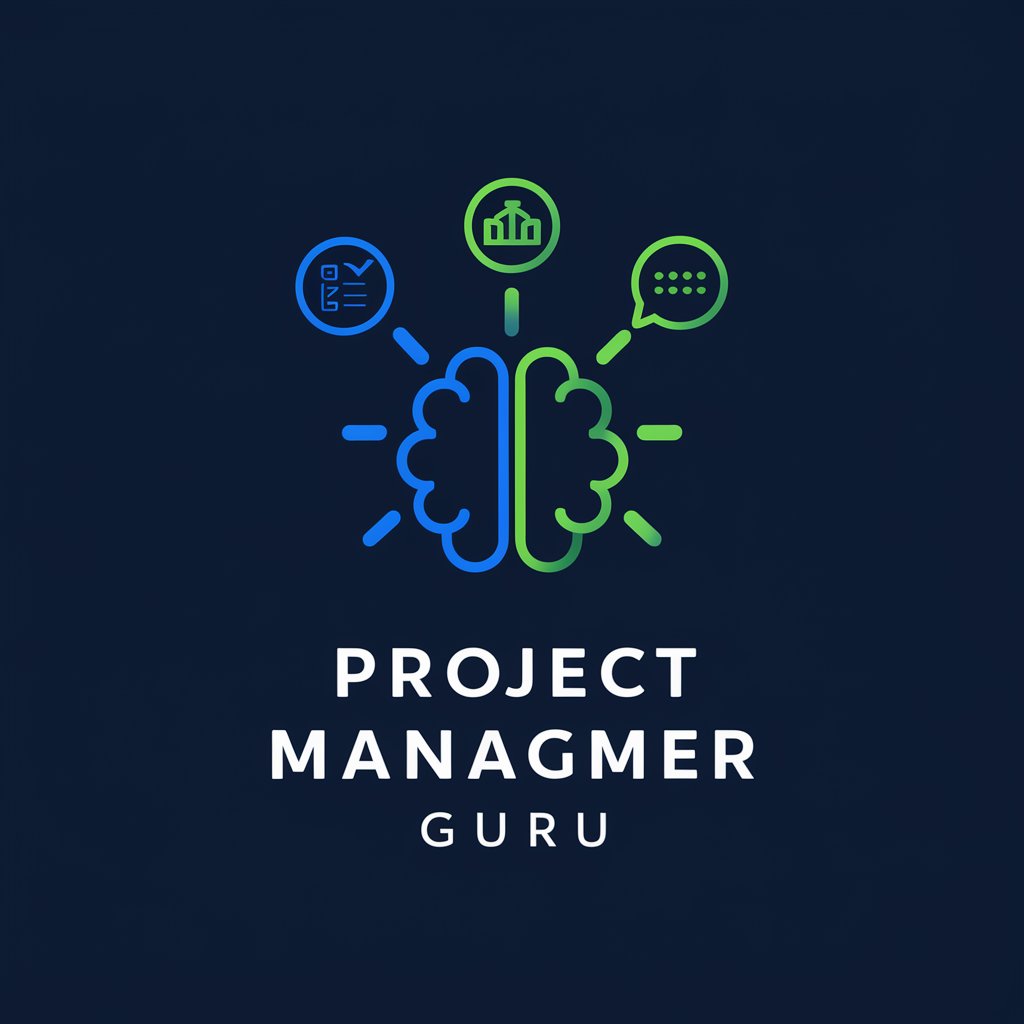
Pal
Empowering Leaders with AI Guidance
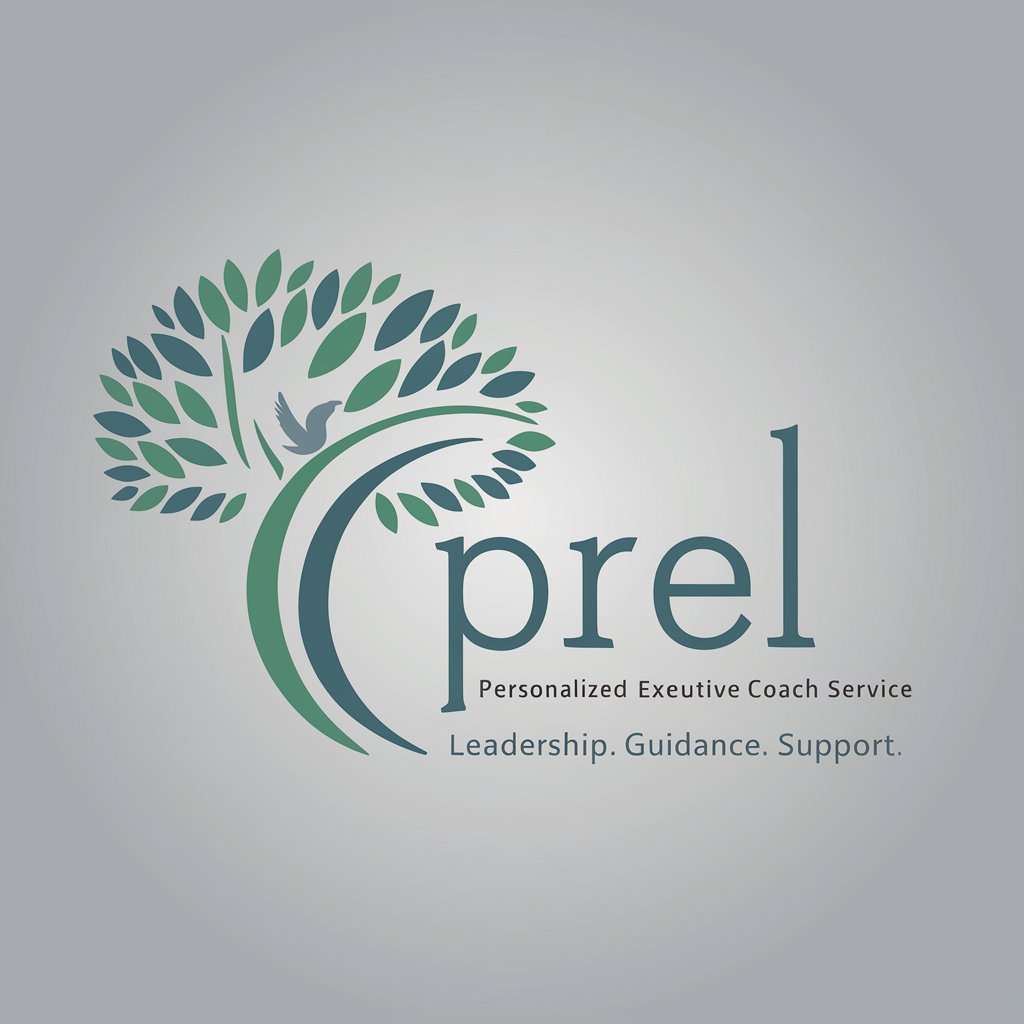
Tech Career Mentor
Empowering Your IT Career with AI
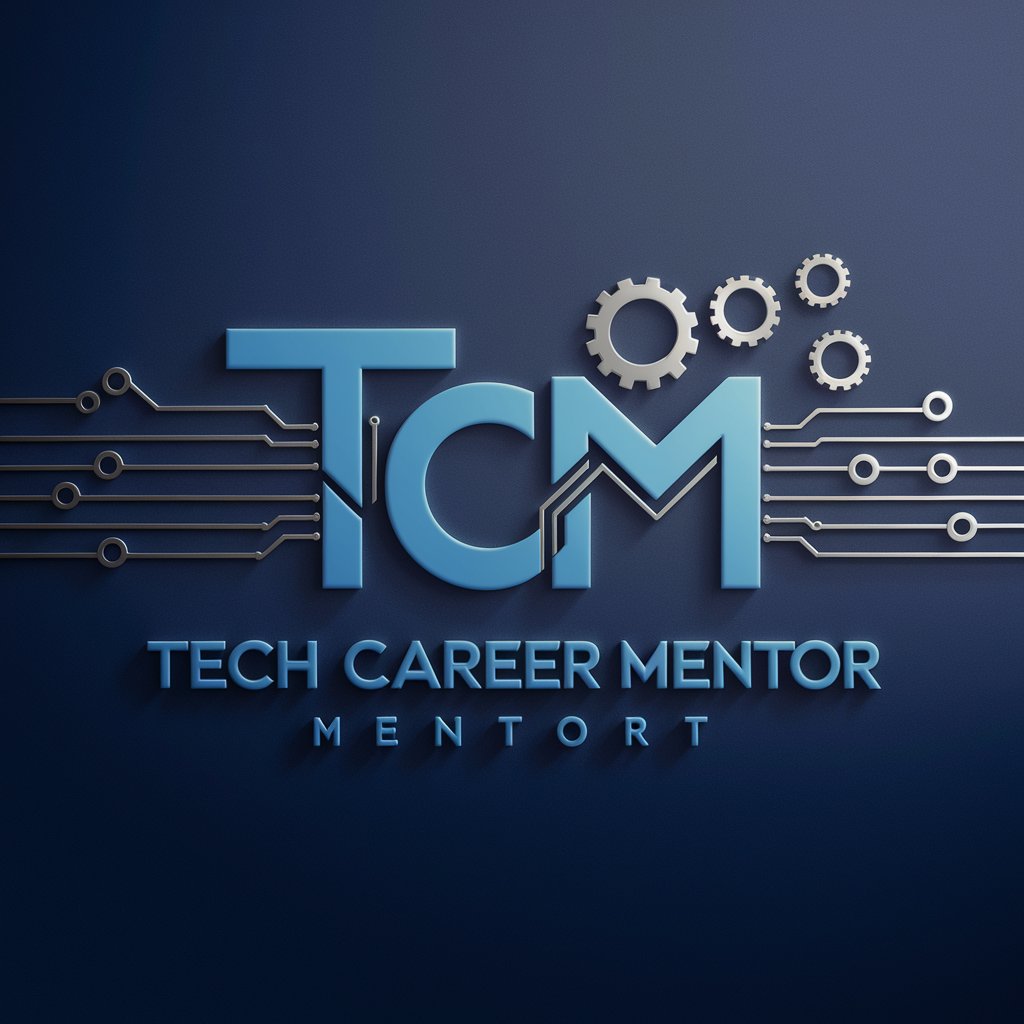
Persian Prodigy
Learn Persian with AI-powered guidance
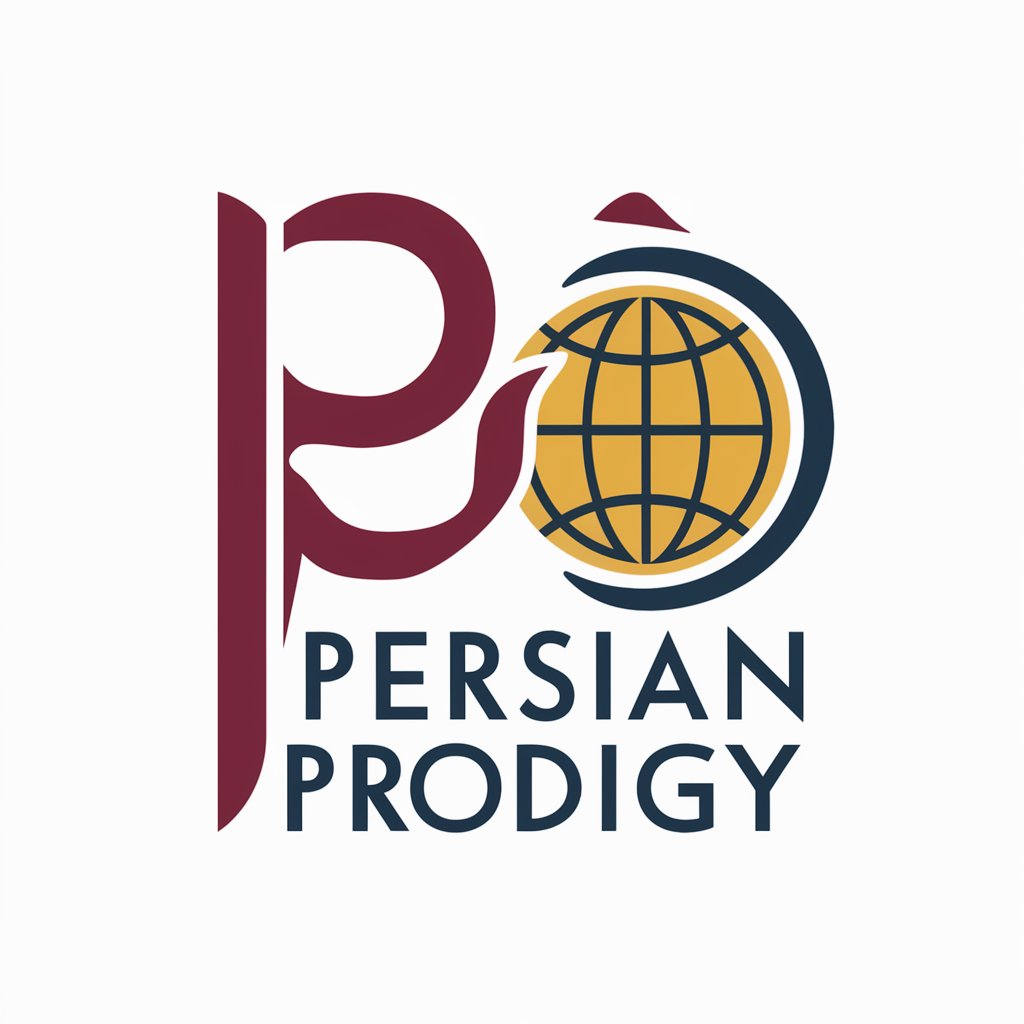
Azure Skyline
Empowering Cloud Decisions with AI
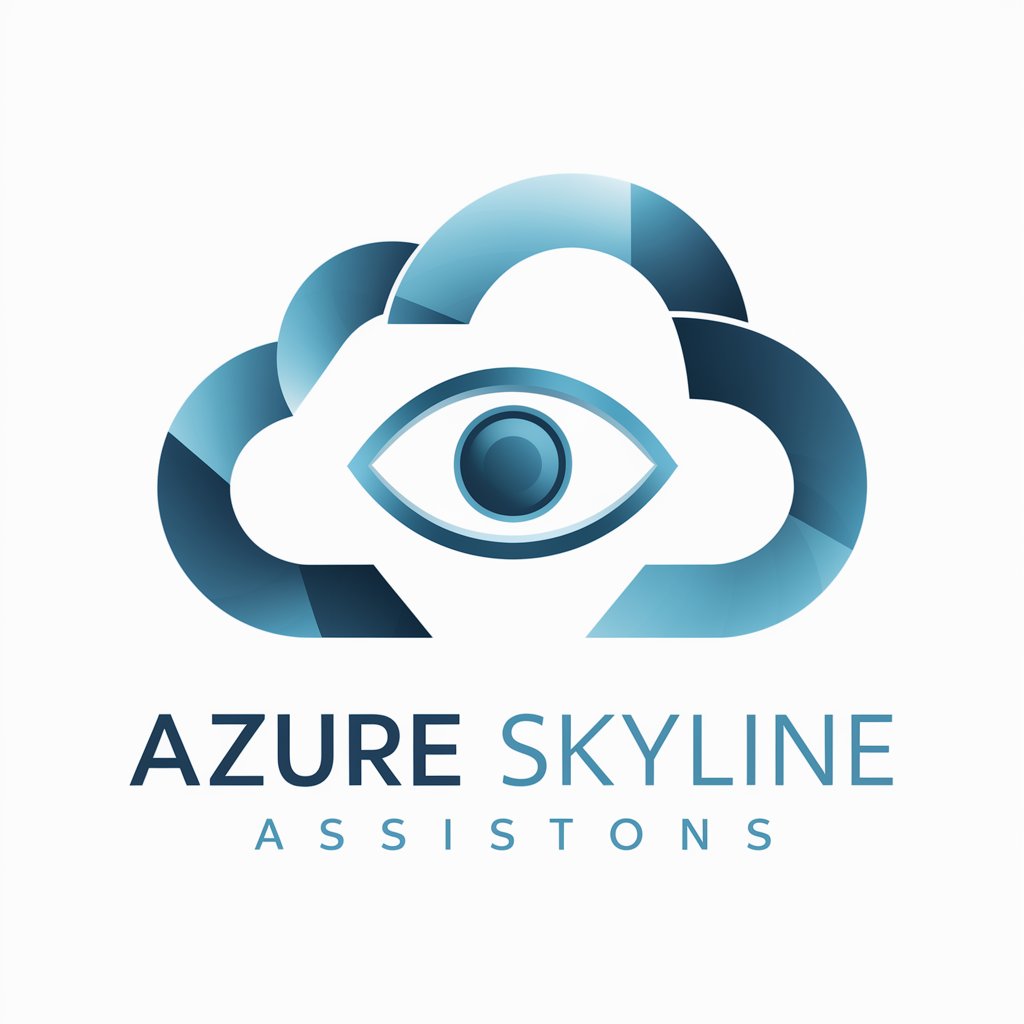
Filmy Captions
Bring Your Photos to the Movies
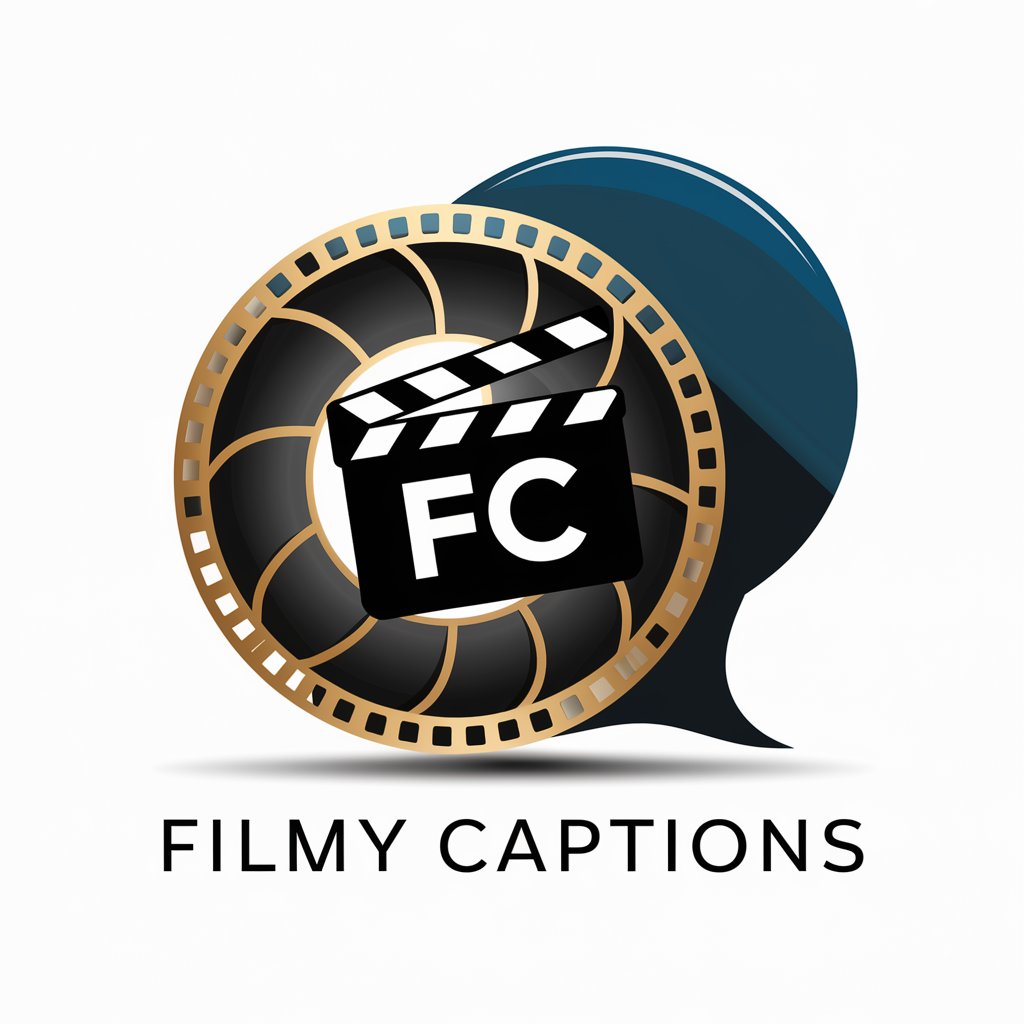
Dr. Neuroscience: Detailed Q&A
What is the primary function of Dr. Neuroscience?
Dr. Neuroscience is designed to assist researchers, students, and professionals in the field of neuroscience by refining scientific writing, improving experimental design, and clarifying complex methodologies. It helps to ensure clarity, rigor, and precision in scientific works.
How can Dr. Neuroscience help with experimental design?
Dr. Neuroscience can analyze existing experimental frameworks, suggest improvements, predict outcomes, and provide critical feedback on methodology. It ensures that experimental designs are aligned with cutting-edge research standards.
What are the common use cases for Dr. Neuroscience?
Common use cases include academic writing enhancement, experimental design optimization, clarifying neuroscience techniques, analyzing data, and predicting the potential implications of research findings. It is also useful for hypothesis generation and research idea refinement.
Does Dr. Neuroscience provide real-time feedback?
Yes, Dr. Neuroscience offers immediate feedback on neuroscience-related queries. Whether you are asking about refining a scientific article or designing a neuroscience experiment, it provides actionable insights in real time.
Can Dr. Neuroscience handle interdisciplinary questions?
Absolutely. Dr. Neuroscience is well-versed in various fields of neuroscience, including neurobiology, cognitive neuroscience, computational neuroscience, and neuroengineering. It can integrate concepts from related disciplines like psychology, AI, and biology to provide comprehensive answers.
